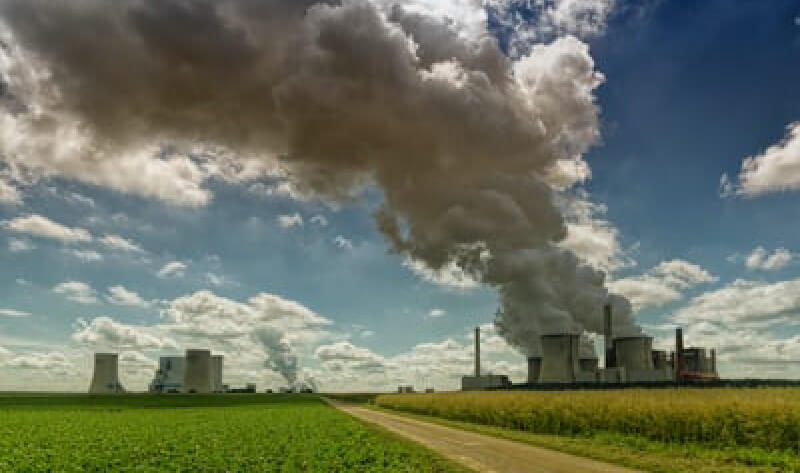Utah State’s players reportedly voted not to play against Colorado State on Saturday after comments made by the school’s president about interim coach Frank Maile’s faith.
The players released a statement to Stadium about their decision not to play. The comments allegedly made by school president Noelle Cockett on Tuesday were about her concerns with Maile’s “religious and cultural background.” Maile, a former Utah State player, is a member of the Church of Jesus Christ of Latter-day Saints.
The Mountain West conference has since announced the game has been called off.
The Utah State players’ statement is below in its entirety.
“The Utah State football players have decided to opt out of our game against Colorado State due to ongoing inequality and prejudicial issues between the players, coaches, and the USU administration.
“On Tuesday, December 8th, the Utah State University Football Leadership Council held a zoom meeting with Noelle Cockett, President of USU, and John Hartwell, the Athletic Director. The purpose of the meeting was to have a say in the search for our new head coach. During the meeting, we voiced our support for Interim Head Coach Frank Maile. In response to our comments, their primary concern was his religious and cultural background. Players, stating their diverse faiths and backgrounds, then jumped to Coach Frank Maile’s defense in treating everyone with love, equality, and fairness.
“It is not the first time issues of repeated discrimination have happened. In December 2019, our head equipment manager used a racial slur against one of our African-American teammates. After disregarding the incident, pressure resurfaced to investigate in the summer of 2020. After the investigation, the administration concluded he would continue to be employed.
“We want our message to be clear that this has nothing to do with the hiring of Coach Blake Anderson, the recently-named head coach of the program. We are sure he is an excellent coach; we look forward to meeting him and his staff. We are highlighting the ongoing problems of inequality and want to create a better future for the community of Logan and Utah State University.”
Maile was installed as the team’s interim coach after Gary Andersen was fired following the Aggies’ 0-3 start. Anderson, the former coach at Arkansas State, resigned on Thursday after multiple reports said he was going to become Utah State’s next head coach.
Maile is currently in his fifth season as an assistant at Utah State and began the season as the team’s co-defensive coordinator. He was also the team’s interim head coach at the end of the 2018 season after Matt Wells was hired at Texas Tech.
Utah State is currently 1-5 and Saturday’s game was set to be the final game of the season. Colorado State is 1-3 because it’s missed three games due to COVID-19 cancellations.
More from Yahoo Sports:














